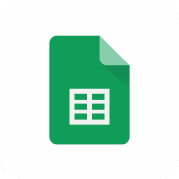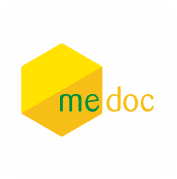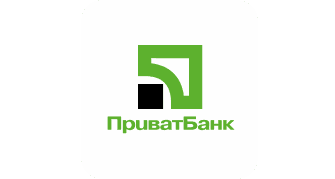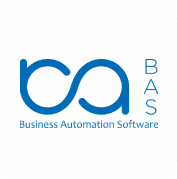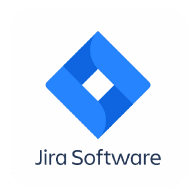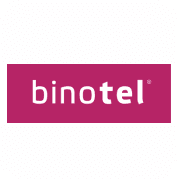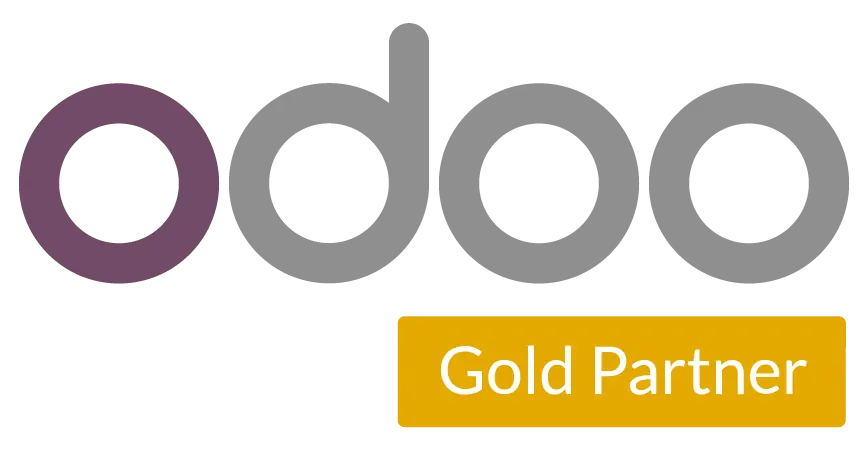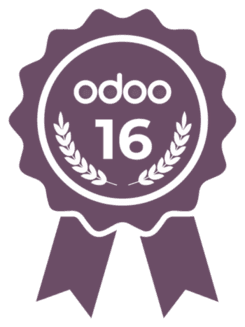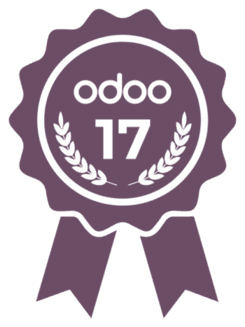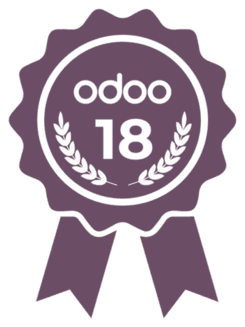What is Odoo?
Odoo is a modern open-source ERP system that performs various business process management functions, including finance, sales, procurement, warehouse, production, logistics, HR, and more.
This system was developed in Belgium in 2004 by Fabien Pinckaers under the name Tiny ERP. In May 2014, the system was renamed Odoo. To this day, Odoo is an ERP and CRM system developed by the Belgian company Odoo SA.
Odoo consists of many modules that can be installed and configured depending on the business needs. This allows users to choose only the features that are necessary for their company and save money on software.
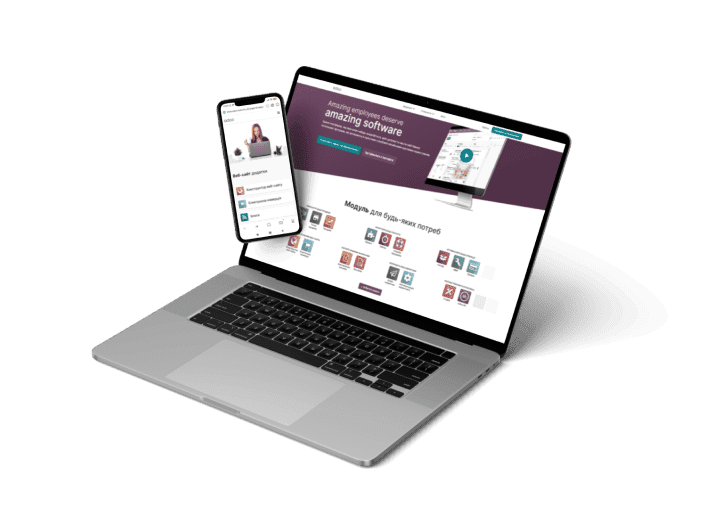
Want to try Odoo and learn more?
Chat with our specialist
Advantages of the Odoo system
Multifunctionality
The system has a significant number of modules that allow you to automate almost all business processes in the enterprise, even chatting and document discussion in one system.
Modularity
The company can implement only those modules that it plans to use in any order.
Prevalence
Odoo has over 7 million users and over 1,900 integration partners in more than 120 countries around the world.
Flexibility
The system has open source Python code, which allows it to be easily and quickly modified if necessary.
Complexity
A single system for many tasks that allows you to get rid of the "program zoo".
Adaptability
The Odoo Marketplace has over 39,000 applications and integrations to extend the system's existing functionality, many of which are free.
Expertise
The functionality is developed taking into account many years of experience of companies around the world, so after configuring the system, you can put your business processes in order.
Integrity
The system allows you to automate the entire chain of interaction with the client - from the first contact to closing the deal and repeat sales.
Technological capability
ERP is available via web and mobile application, allowing the user to be anywhere in the world and organize a single workspace for a wide network of branches.
Scalability
Odoo allows you to organize the simultaneous work of a large number of users (there are projects with 10,000+ users) and scales as their number increases.
Technological capability
ERP is available via web and mobile application, allowing the user to be anywhere in the world and organize a single workspace for a wide network of branches.
Scalability
Odoo allows you to organize the simultaneous work of a large number of users (there are projects with 10,000+ users) and scales as their number increases.
Versatility
The system is suitable for both small companies and large enterprises. It has a built-in website builder, which is convenient for e-commerce.
Prospects
Odoo is based on international accounting and business standards, which will allow Ukrainian companies to work in a European way right now.
Modernity
System updates are released regularly with new and improved functionality. Odoo is suitable for dynamic and determined companies.
Accessibility
There are different versions of the system – Community (free) and Enterprise (paid). The cost of use depends on the number of users and functionality.
Competitiveness
Odoo's functionality successfully competes with large systems: SAP, Microsoft Dynamics, Terrasoft and others, but the price is lower.
Localization
Availability of ready-made modules and integrations for business needs in different countries. There are already many integrations developed for the needs of Ukrainian companies: messengers, Nova Poshta, online banking, and more.
Over 30 modules can be easily configured and integrated
The main modules are considered to be
Accounting and Finance
This module allows you to keep accounting records, generate invoices, control cash flow, etc.
Sales management
This module allows you to manage all stages of sales – from order quotas to deliveries.
Warehouse management
This module allows you to manage inventories of goods and services, track the movement of goods between warehouses and different regions.
Production
This module allows you to manage production, plan production, and control production costs.
Procurement
This module allows you to manage the procurement process, orders from suppliers, and their deliveries.
Project management
This module allows you to manage projects, distribute tasks, and monitor completion time.
Frames
This module allows you to manage personnel, plan vacations, and obtain basic personnel information.

